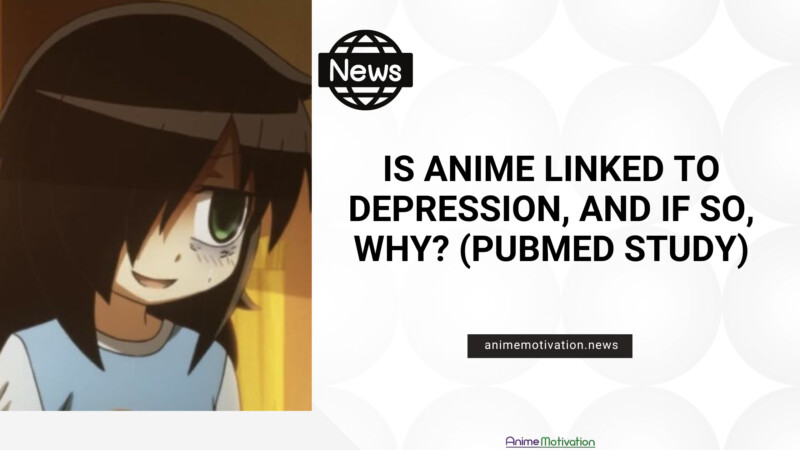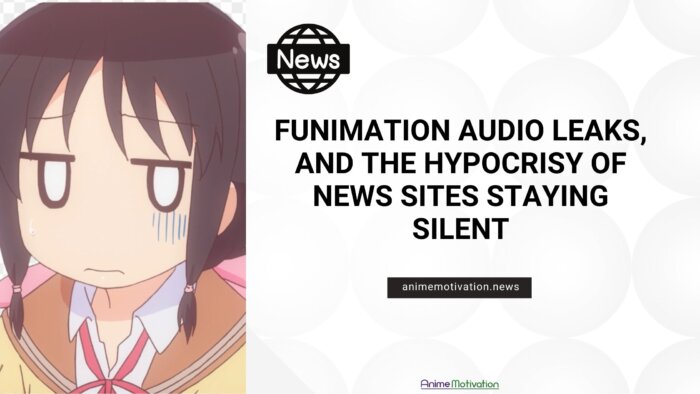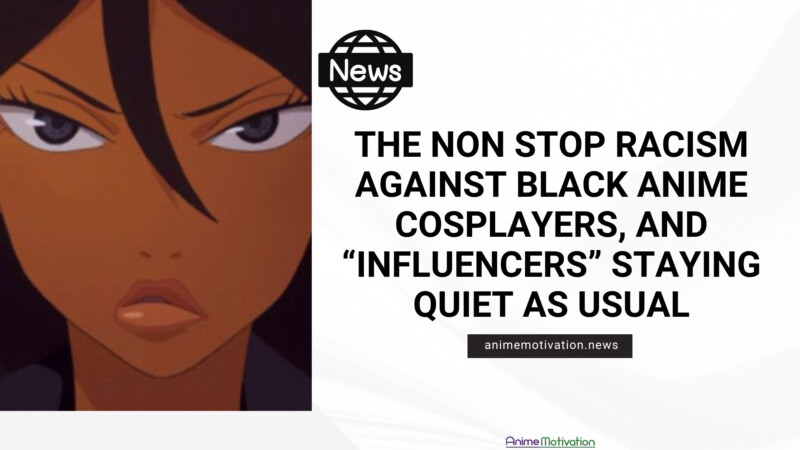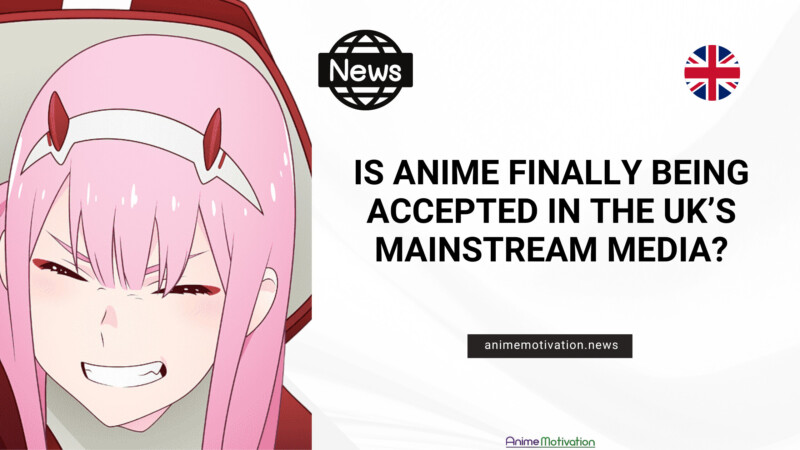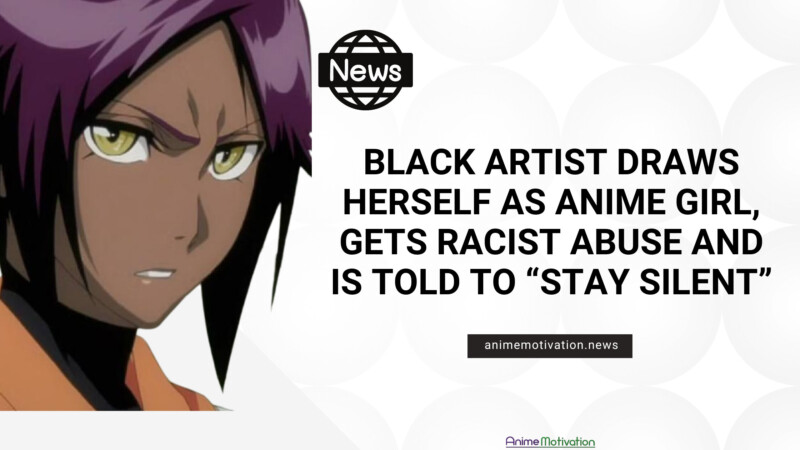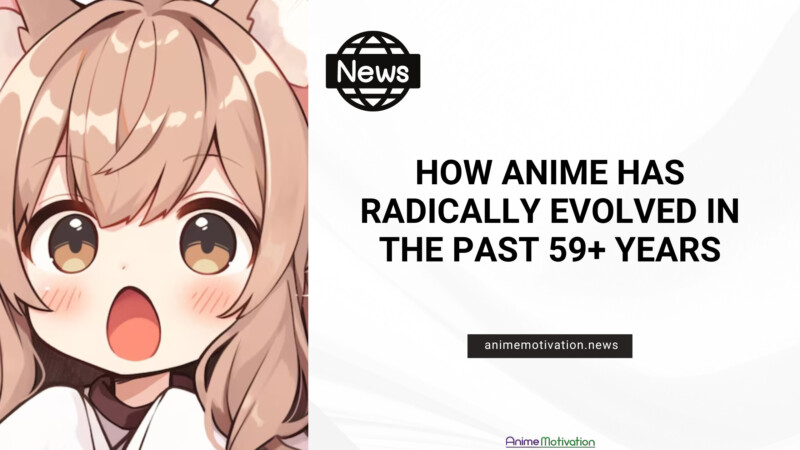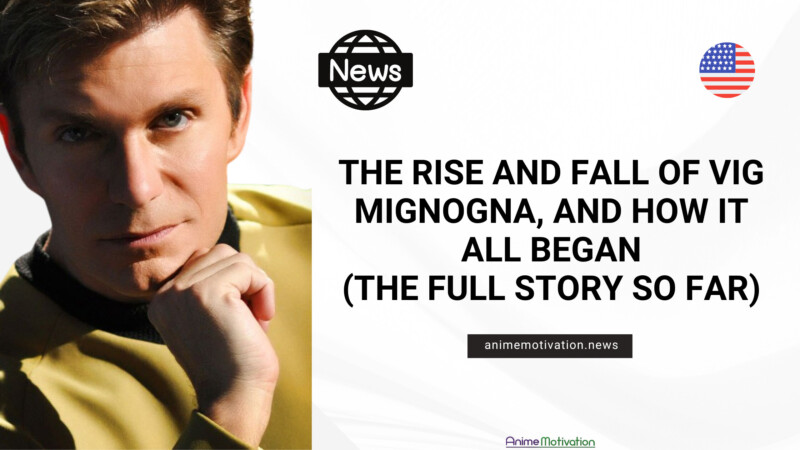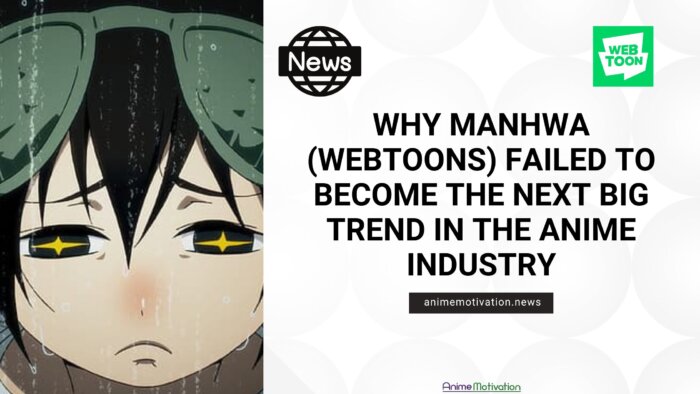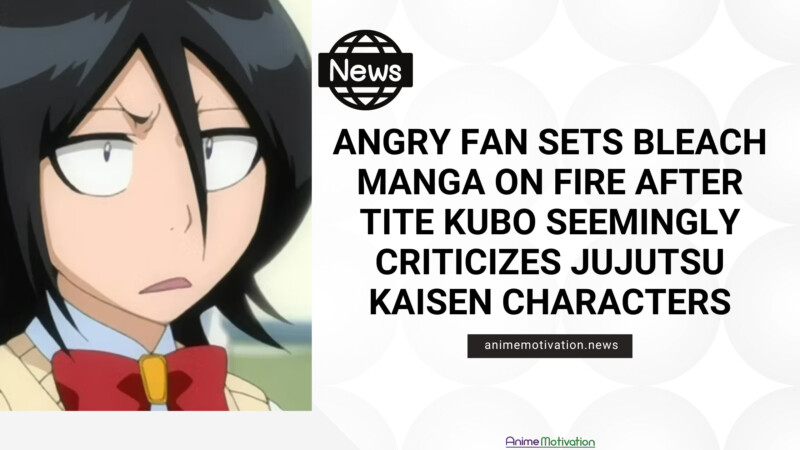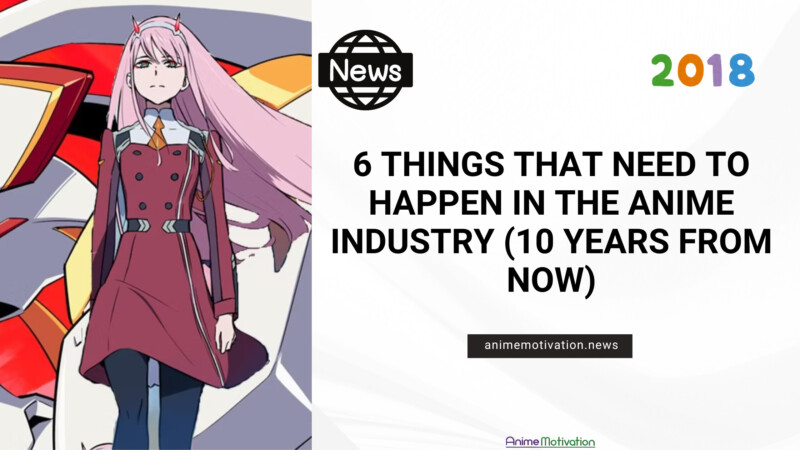Is anime linked to depression? That is the real question.
A study focused on Japan was conducted in 2022 and published in one of the most relevant journals, Pubmed.
This is where legitimate health studies and all kinds are published.
Put simply:
This study explores the impact of subcultural identity on mental health outcomes in young adults in Japan, focusing on anime, idol, hip-hop, fashion, and sports subcultures.
So as we can see, it was paired with:
- Idol culture.
- Hip Hop.
- Fashion.
- Sports.
To come to a conclusion as to whether any of these things are associated with depression or mental health issues.
Important note: this was a small study with only 300 Japanese participants.
Introduction

According to researchers:
Subcultural, in opposition to dominant culture, such as animation, comics, and games (ACG), and fan culture, is prevalent among young adults in Japan (Chandler-Olcott and Mahar, 2003). Researchers have discovered the importance of subculture-related activities in producing common identification and providing social support, thereby generating a significant impact on attitudes and behaviors (Horowitz and Vigil, 1990; Shildrick and MacDonald, 2006).
They continue:
Effective support from cultural activities (i.e., singing, playing an instrument, or painting) decreases anxiety and other adverse psychological outcomes (Cuypers et al., 2012). Similarly, subcultural enthusiasm generates various clinical symptoms; for example, goths were discovered to have a tendency toward depression and self-harm (Bowes et al., 2015). By contrast, sports encourage better health situations (Wann and Stephanie, 2005).
Essentially, they’re making a comparison between subcultures, their effects, and other relevant notes.
This was then followed by an obvious test which led to results, thanks to The Beck depression inventory test.
Results
QUOTE from Pubmed study:
The results suggest identity related to anime, idol, and hip-hop was positively associated with anxiety, aggression, depressive symptoms, and suicidal tendencies. By contrast, fashion and sports identities associated with no adverse or positive psychological outcomes.
I do personally question the “sports” aspect but we are talking about Japan, not the West or other countries, so it makes sense. Though as you should do with any study, I question the associations with aggression in particular.
That aside…
Let’s again keep in mind: this study was done on ONLY 300 Japanese participants, and that correlation doesn’t equal causation.
Or in other words, don’t take this too seriously and start making shit up in your own head that isn’t true.
Relevant questions:
- Why was anime associated with anxiety, aggression, depressive symptoms, and suicidal tendencies?
- What’s the psychological difference between anime fans and fashion or sports fans?
- Is anime the cause, or is it certain habits associated with anime fans in Japan?
- How accurate is this study? (What If it was done on a different day, etc, will moods change and results?)
- How can these associations be improved so it’s associated with happiness or no negative emotions?
Everything is about mindset, and your environment and habits play a role in that.
You might wanna read this next: Why Anime Is A Coping Mechanism For SOME People
–
Source: Pubmed Study

